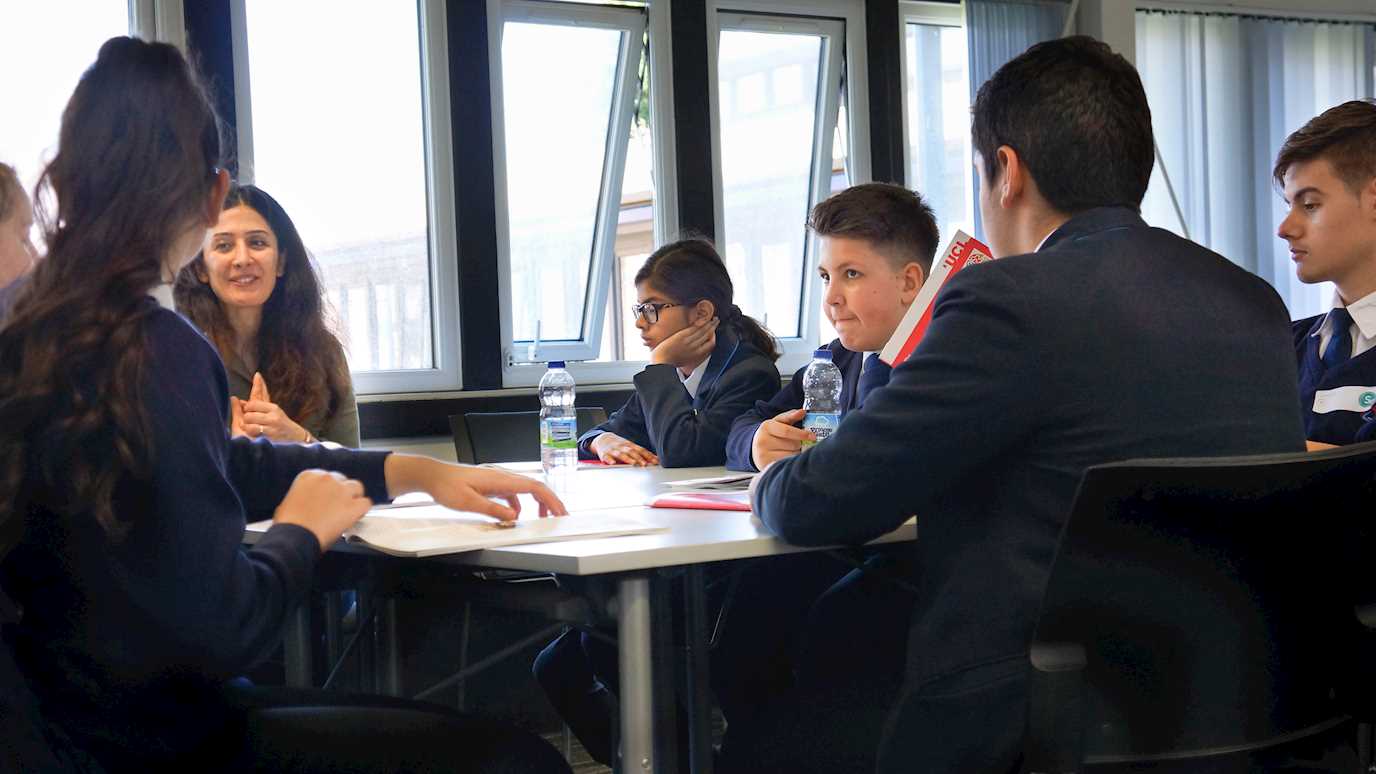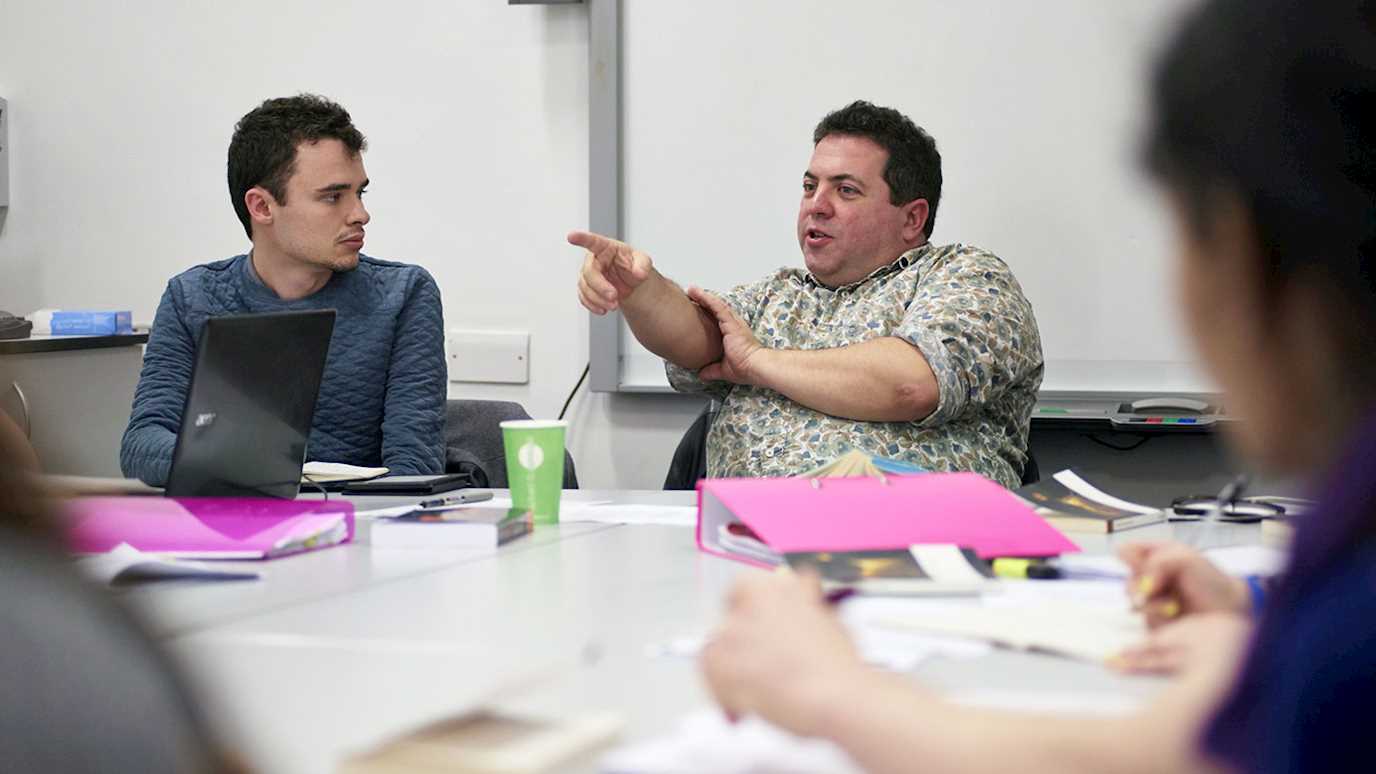- Claire Buck, ‘British women’s writing of the Great War’, Cambridge Companion to the Literature of the First World War, ed. Vincent Sherry (Cambridge: Cambridge University Press, 2005), pp. 85-112 https://doi.org/10.1017/CCOL0521821452.005
Buck surveys women writers of this era by genre: poetry, drama and prose. The first section of her essay examines women’s war poetry and offers dynamic readings of many of the poems printed in Scars Upon My Heart, drawing out shared themes, commenting on competing political viewpoints and styles. Her remarks are often embedded in biographical vignettes or political context.
This is a chapter about women’s poetry of war across the twentieth century which includes incisive analyses of several poems printed in Scars Upon My Heart.
An important article which critiques the way in which literary criticism has privileged the authority of the soldier-poet’s experience of war as the primary measure of aesthetic virtue and truth telling (identified as ‘combat gnosticism’), as well as the long exclusion of women from the canon of war poetry which this tradition has occasioned. Fine close readings of the Wilfred Owen’s ‘Strange Meeting’ and ‘Dulce et Decorum est’.
- Margaret R. Higonnet, ‘Women’s Poetry of the First World War’, Cambridge Companion to Poetry of the First World War, ed. Santanu Das (Cambridge: Cambridge University Press, 2013), pp. 185-197 https://doi.org/10.1017/CCO9781139087520.019
Higonnet surveys feminist scholarship of the subject and illustrates her reading of the value of women’s war poetry by close interpretation of four contrasting poets, all of whom are represented in Scars Upon My Heart: Charlotte Mew (1869–1928), Eleanor Farjeon (1881–1965), Rose Macaulay (1881–1958) and Margaret Postgate Cole (1893–1980).
- Nosheen Kahn, Women’s Poetry of the First World War (London: Harvester, 1988)
The first thorough-going book length study of the subject, still highly regarded by scholars today.
- Anne Varty, ‘Scars Upon My Heart’, English Review, 28:4 (April 2018), pp. 2-5
Situates the publication of Scars Upon My Heart in the British feminist movement of the 1970s, notes its groundbreaking influence on received ideas of ‘war poetry’, and explores how important it is for today’s readers to hear women’s previously silenced voices from this pre-suffrage era.
- Anne Varty, ‘Women’s Poetry in First World War Anthologies and Two Collections of 1916’, Women’s Writing. Special Edition Women’s Writing and WW1, ed. Emma Liggins and Liz Nolan. DOI 10.1080/09699082.2016.1233772. October 2016
Reflects on the increasing under-representation of women in anthologies of First World War poetry compiled after WW1, and considers the competing literary values of anthologies and single-author collections. Examines two contrasting collections both published in 1916, one by the previously unknown woman poet W. J. Cameron, the other by the well-known pacifist Lady Margaret Sackville.
- Anne Varty, ‘Jessie Pope: Jingoist War Poet or Journalist?’, Emagazine Issue 84 (April 2019), pp. 42-44
Situates the call-to-arms and apparent jingoism of Pope’s poetry within the context of its first publication, the Daily Mail and the Daily Express. It argues that her poems are first responses to unfolding events of the war, engaged in rallying morale at the front as well as at home. It looks at how Pope inherited the ideology of Empire from the Victorians, her enthusiasm for the Boy Scouts movement, and considers whether her gender has conditioned critical responses to her apparent support for combat.

























